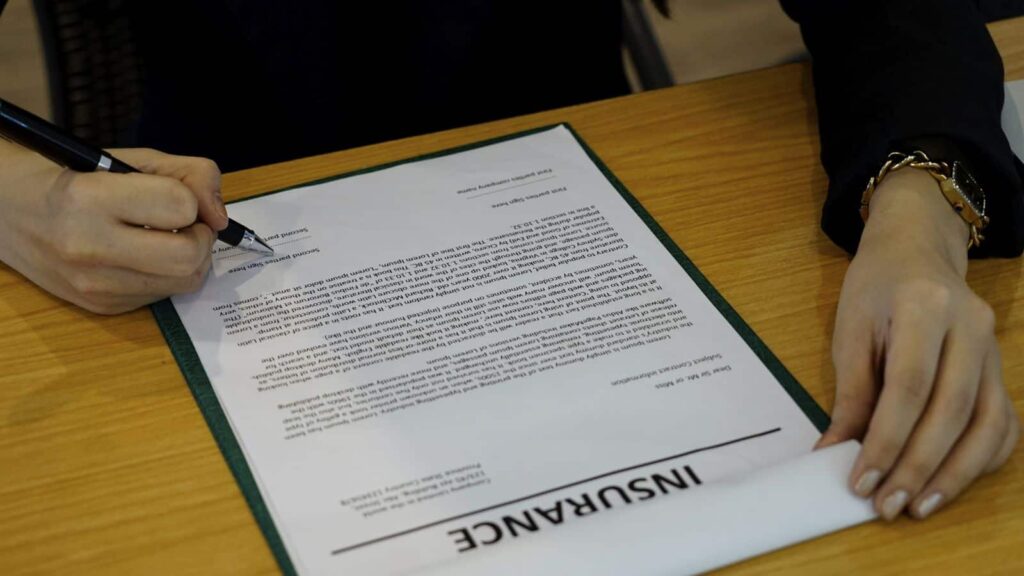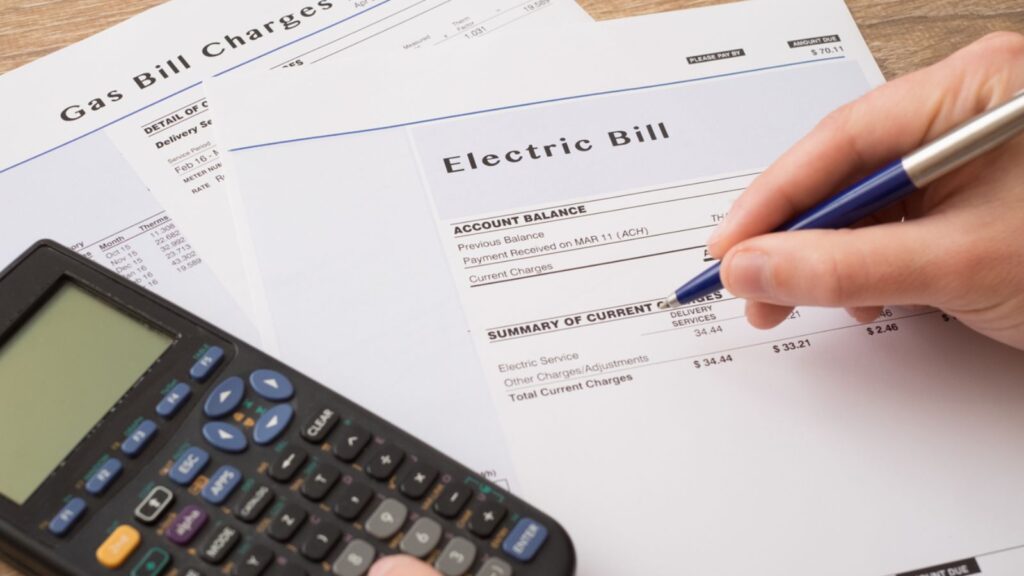When you’re in your golden years, keeping an eye on your piggy bank becomes more important than ever, especially if you’re on a fixed income. Every cent counts, even though you might not always realize where you’re spending it. Here are 18 things that retirees spend the most money on and how you can reduce this.
Home Sweet Home

This data comes from the Bureau of Labor. When you’re retired, your home is your castle, and it can also be your biggest expense. For people aged 65-74, it’s around $20,362 a year, while those over 75 spend around $21,094. If you’re looking to slash those costs, you might want to downsize or refinance your mortgage.
Staying Healthy

Healthcare is something that’s certainly expensive but equally necessary. Retirees aged 65-74 spend around $6,899 annually, and people 75+ spend about $7,078. These costs include insurance premiums and out-of-pocket costs, but it doesn’t have to be so expensive. You can use senior health programs and shop around for better insurance plans to reduce your bills.
Fueling Up

Transportation is expensive since it includes car payments and gas, among other things. People aged 65-74 spend roughly $8,172 each year on transportation, but it’s slightly less for people aged 75+, at $6,206. If driving is becoming a financial pain for you, then you might want to stick to public transport or even start car-sharing.
Food Bills

Groceries can take up a big part of your budget, especially if you’re someone who loves their gourmet treats. For people aged between 65-74, it’s around $6,504 annually, while people over 75 spend roughly $4,573. Sticking to a shopping list means you’ll only buy what you need to keep your pantry full without draining your wallet.
Peace of Mind

You can’t put a price on peace of mind, or can you? Insurance premiums can be high, which is why people 65-74 spend $1,928 on personal insurance each year, and people 75+ spend $3,489. You may want to compare rates or bundle services together so you can get the best deal.
Phone Home

Telecommunications are just as necessary an expense today as other utility bills, which is why people aged 65-74 spend $635 a year on them. For older seniors, it’s around $703 a year to call their grandkids or browse the internet. If you’re struggling with your bills, you might want to look for senior discounts or bundle deals.
Self-Care

Who doesn’t love a little pampering? Personal care products set seniors aged 65-74 back around $706 annually and $590 for those aged over 75. Of course, there are lots of ways to look fabulous without spending a fortune, like doing home beauty treatments or getting a senior discount at a salon.
The Fun Stuff

Retirement is the perfect time to watch movies or enjoy those hobbies you’ve been dying to do for ages. For younger retirees, entertainment expenses are about $7,180, and for the older crowd, it’s about $4,474. You can always make this a little cheaper by sticking to free community events or memberships at local clubs, which will give you the same fun for a lot cheaper.
Fixing It Up

Even when you’re retired, you’ll still need to spend money to keep your home comfy and stylish, which can cost quite a bit. Housekeeping supplies and services average about $8,431 for people aged 65-74 and $5,924 for those older than this. After all, replacing that worn-out couch and fixing a leaky pipe doesn’t always come cheap.
Going Places

Many retirees dream of traveling, and why not? But with an average annual cost of $5,267 for people aged 65-74 and $3,767 for the 75+ age group, you might want to look at off-season travel deals. Subscribing to travel newsletters or joining travel clubs can also give you insider deals for huge savings.
Eating Out

It’s always nice to skip the dishes now and then by eating out. For people aged 65-74, eating out costs $2,946 annually, and for people over 75, it’s $1,880. If you’re determined to have food away from home, keep an eye out for early bird specials or two-for-one deals. And remember, the worst thing that’ll happen when asking about senior discounts is that they’ll say “no.”
Reading

There’s never a better time to keep your mind sharp with reading than during retirement. Seniors aged between 65 and 74 spend roughly $147 a year on books, while people over 75 spend $159. If you want to keep reading, don’t forget about public libraries and all those free books.
Keep Learning

Similarly, just because you’ve retired doesn’t mean you have to stop learning. For people aged 65, it’s around $373 per year, although the figures for older age groups aren’t clear. Like with reading, you can always visit public libraries, as they have plenty of free courses for you to keep learning;
Pet Care

There’s no doubt that pets bring us a lot of joy, but looking after them can get expensive. Seniors aged between 65 and 74 spend $758 annually on pets, and people over 75 spend $351. But can you blame them? Science shows that having a pet has a ton of health benefits, including forcing you to exercise, which is pretty important for a retiree.
Smoking It Up

Even though it’s a tough habit to break, smoking can really light up your budget. The younger group of retirees spends around $334 annually on tobacco, while people aged over 75 spend $158. Cutting back or even quitting will do wonders for your wealth and wallet, so why not give it a go?
Dressing Smart

People aged between 65 and 74 spend an average of $1,357 annually on clothes, while those aged over 75 spend about $801. But just remember that keeping your wardrobe fresh doesn’t have to be expensive, as there are plenty of off-season sales and online discount codes. There’s also no shame in visiting thrift stores.
Powering Down

Electricity bills are another unavoidable yet expensive cost, with those aged 65-74 paying around $1,639 annually and those over 75 paying $1,511. To cut down on these costs, you might want to switch to LED bulbs and see if you can get a senior discount. These small changes can add up to some huge savings each month.
For the Future

For many retirees, pensions and social security are the only way they get an income. The average senior spends around $3,489 from these annually, and those aged 75 or more spend $1,711. If you’re looking to maximize your benefits, you may want to speak to a financial planner so that you’re getting all you’re entitled to.
19 Grim Realities of Dating After 50 That Are Often Overlooked

19 Grim Realities of Dating After 50 That Are Often Overlooked
26 Things That Will Be Extinct Because Millennials Refuse to Buy Them

26 Things That Will Be Extinct Because Millennials Refuse to Buy Them
24 Outdated Slang Terms You Absolutely Shouldn’t Be Using Anymore

24 Outdated Slang Terms You Absolutely Shouldn’t Be Using Anymore
25 Hardest Parts About Getting Older That No One Ever Talks About

25 Hardest Parts About Getting Older That No One Ever Talks About






